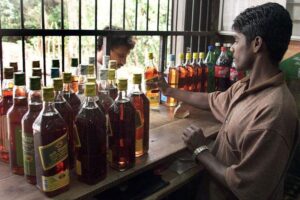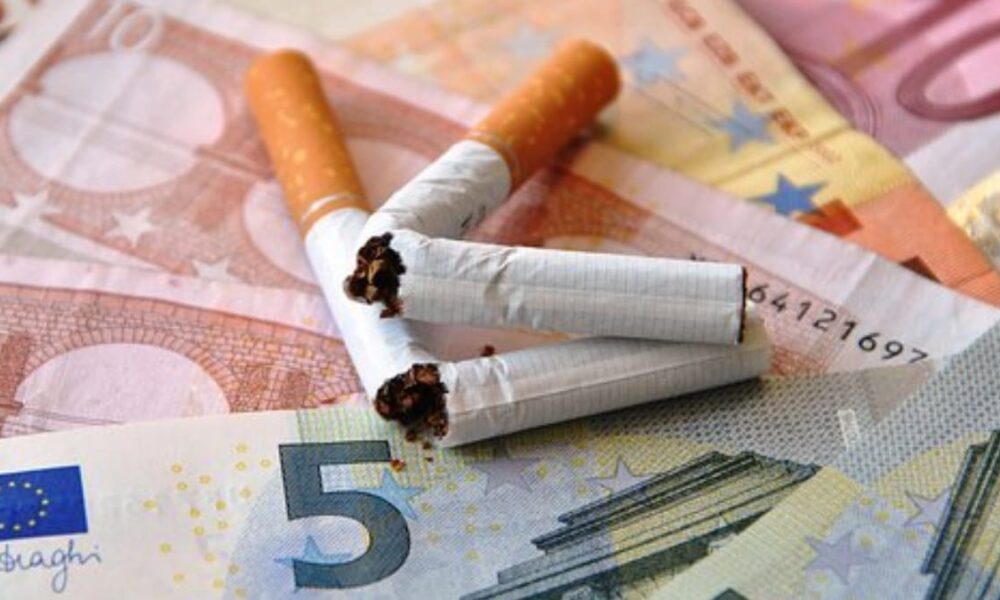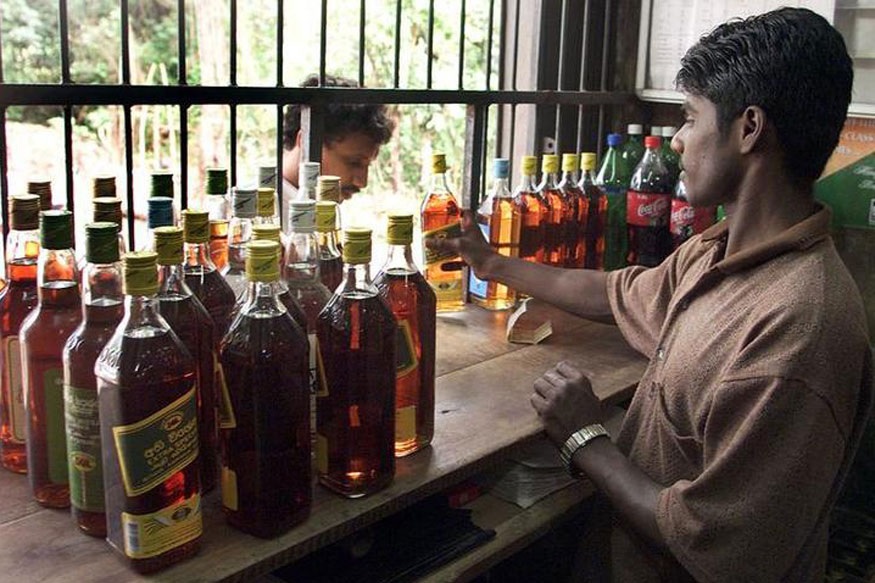The Economic and Health Toll of Alcohol Consumption in Sri Lanka: A Growing Crisis
Sri Lanka is facing a mounting crisis in terms of economic losses and public health issues due to alcohol consumption. With an annual economic loss of a staggering Rs. 241 billion, which represents 1.5% of the country’s GDP, the true cost of alcohol use is far greater than the revenue generated by this industry. According to a survey by the Alcohol and Drugs Information Centre (ADIC), Sri Lankans are spending a daily total of Rs. 1,210 million on arrack, beer, and cigarettes—funds that could otherwise be channeled into improving the country’s economy and healthcare.

Alcohol Consumption Across the Nation
The figures reveal how deeply ingrained alcohol consumption is in Sri Lankan society. People aged 15 and above are spending Rs. 510 million on arrack, Rs. 180 million on beer, and Rs. 520 million on cigarettes every single day. Despite generating Rs. 165.2 billion in income from alcohol use in 2022, the associated costs in health and economic terms far exceed these figures, reaching a total of Rs. 237 billion. These costs not only encompass direct healthcare expenses but also include the indirect costs such as absenteeism, presenteeism (working while sick), and diminished productivity, which burden the nation’s workforce.
Regional Disparities and Social Drivers
Regional variations in alcohol use highlight certain trends. Colombo leads with the highest percentage of alcohol users (35.8%), followed by Kandy (33.5%), while Jaffna reports the lowest usage at 21.4%. Beer, the most consumed alcoholic beverage in Sri Lanka, accounts for 53.8% of alcohol consumption, while arrack follows at 42%. Social events, such as parties and sports gatherings, play a key role in driving alcohol use, with 35.6% of people starting to drink at such events, and 32.8% influenced by peer pressure. These social triggers show how alcohol consumption is tied to community dynamics, making it challenging to tackle the issue head-on.

Public Health Crisis: The High Toll of Alcohol
The consequences of alcohol use go beyond economic costs and are deeply entrenched in public health. Sri Lanka sees 4,201 deaths per 100,000 people annually from non-communicable diseases and injuries related to alcohol consumption. The leading causes of death include liver cirrhosis, road traffic accidents, and cancers. In fact, alcohol is directly responsible for 40 to 50 deaths daily in Sri Lanka, which amounts to 15,000–20,000 alcohol-related deaths every year. Even more alarming is the 57% reduction in the labor force due to alcohol’s impact, making this a pressing issue for both health authorities and policymakers.

Growing Call for Action
The ADIC’s survey reveals that Sri Lankans are increasingly aware of the devastating impact of alcohol use and are calling for stricter government intervention. A public opinion poll conducted across five provinces found overwhelming support for stronger alcohol policies. Around 64% of respondents felt that the current laws were insufficient to protect the public from alcohol-related harm. In fact, 93% of those surveyed believed that government involvement was crucial in addressing the issue.
The survey also revealed widespread support for measures like raising alcohol prices (73%), imposing alcohol taxes (75%), and utilizing alcohol tax revenues to fund public services such as healthcare, education, and infrastructure development (70%). This public consensus signals that the people of Sri Lanka are ready for more stringent regulations that not only aim to reduce alcohol consumption but also use the revenue generated to support the nation’s pressing needs.
Government’s Response: Taxes on Cigarettes and Alcohol
Recognizing the significant economic and health burden of alcohol, as well as the wider implications for public health, the government has also turned its focus to other substances like tobacco, seeking to increase revenue through higher taxes on cigarettes and other tobacco products. Cigarette consumption has long been a major public health concern in Sri Lanka, with cigarette smoking contributing to a host of diseases, including cancers and respiratory illnesses. The government’s decision to increase taxes on both cigarettes and alcohol products, like beer and arrack, is part of a larger strategy to generate more funds for the health sector and to discourage excessive consumption.
These tax hikes are seen as a way to not only increase revenue but also reduce the affordability and accessibility of these harmful substances, thereby curbing consumption. Alcohol taxes have been raised under the Revenue Protection Act, and a similar approach is being taken for tobacco products, with cigarette prices steadily increasing. A portion of the funds generated from these taxes is being directed to public health initiatives, including healthcare infrastructure and addiction treatment programs.







